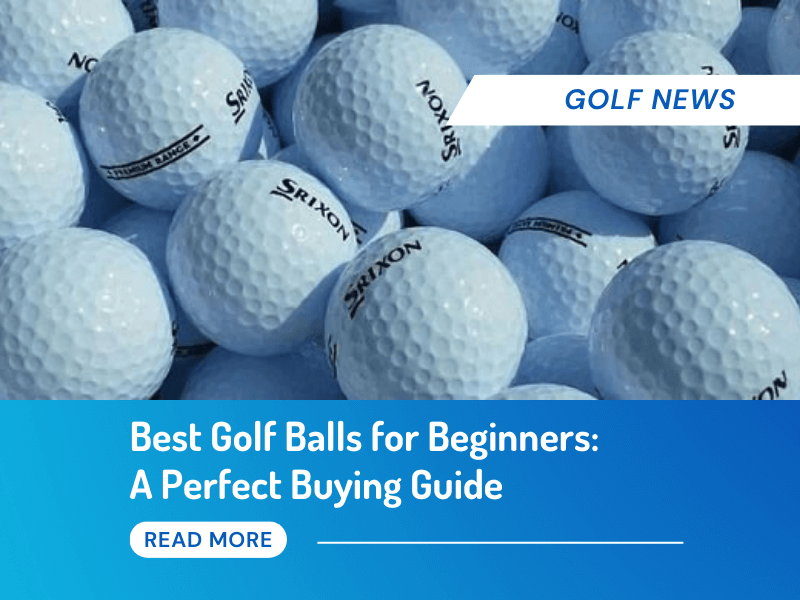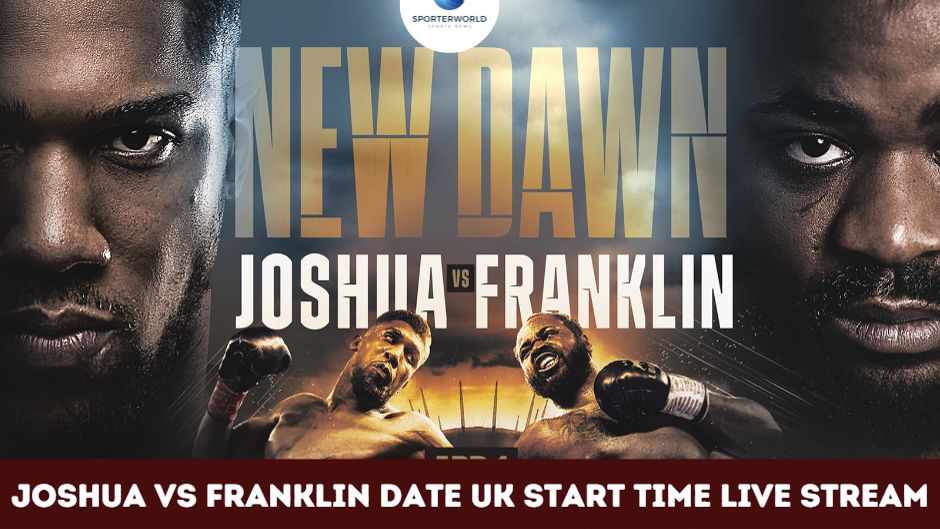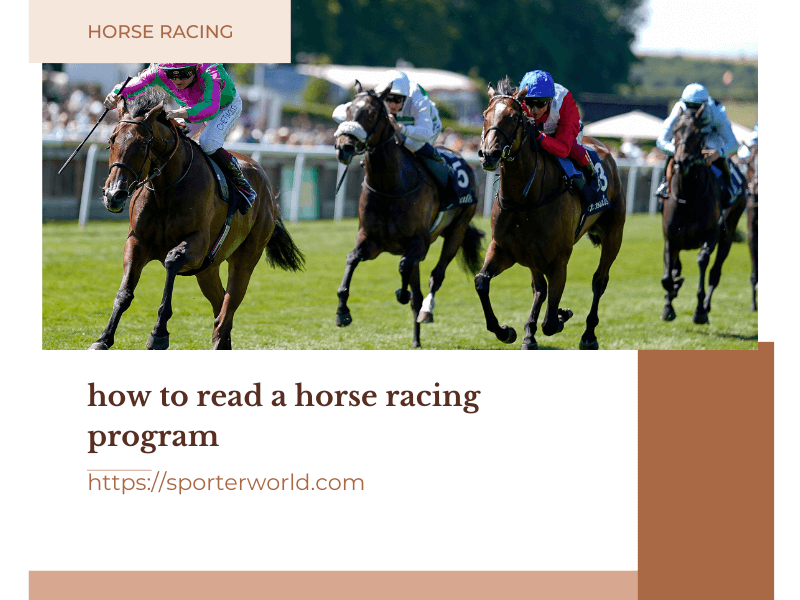As a beginner in golf, knowing which Best Golf Balls for Beginners is right for you can be hard. There are so many choices available, and finding one that best fits your needs can become overwhelming. Distance, accuracy, spin, control, and durability – are just some things to consider when searching for the perfect ball. It’s important to focus on your own individual requirements and not be worried by pricier balls that may appear more expensive than necessary.
The best golf balls for beginners are low compression, provide distance, and have a soft feel. As a beginner, choosing a forgiving ball that helps minimize mistakes while also providing good overall performance is important. In this article, we want to take a deep dive into the Best golf balls for beginners. So, read on and select the right golf balls and become a pro.
Top 5 Best Golf Balls For Beginners
For every beginner golfer, selecting the right ball can represent the turning point in their golf experience. A golf ball’s performance and features can impact a player’s confidence and overall enjoyment of this exhilarating sport. Here are the top 5 golf balls for beginners:
Here’s a comparison of the top 5 golf balls for beginners, based on their features and performance, to help you make the right choice:
1. Titleist Trufeel
- This ball is perfect for beginners because it provides distance and control while incredibly soft on impact.
- The truffles cver enhances the ball’s speed and reduces unwanted spin, thus improving your shot accuracy.
- The ball’s low compression core ensures you can achieve more distance, even with slower swings.
2. Callaway Supersoft
- Famous for its soft feel, the Callaway supersoft golf ball is perfect for those who prefer a more soothing touch.
- This ball’s low-compression core design enhances the ball’s speed and provides a low spin rate for controlled shots.
- Its refined hex dimple design enables better accuracy and less drag, thus maximizing your distance coverage.
3. Bridgestone E6
- This ball is perfect for beginners as it guarantees less hooking and slicing, which prevents the ball from going out of bounds.
- The ball’s delta dimple design works with its softened core, resulting in high-distance coverage off the tee while maintaining control.
- The e6 ball is ideal for slower swings, providing consistent performance.
4. Srixon Soft Feel
- The Srixon soft feel ball is perfect for beginners who want distance and a great feel from their golf ball.
- The energetic gradient growth core increases ball speed, while the 338-speed dimple pattern reduces drag and enhances lift.
- The matte finish provides a unique sense of style and a little extra ball distance.
5. Taylormade Distance Plus
- The ball’s high-velocity core enables the TaylorMade distance plus to provide maximum distance coverage, perfect for new golfers who tend to hit the ball short.
- The ball’s easy-to-spot bright yellow colour enhances your visibility, which is great for keeping track of your ball’s location.
- The aerodynamic ball design reduces air resistance, maximizing your ball’s overall distance coverage.
Overall, all of these balls provide excellent performance and features that are perfect for beginner golfers who want to step up their game.
How Many Golf Balls Should A Beginner Buy?
For beginner golfers, playing golf requires more than just getting out on the course for the first time. Buying a bulk of golf balls before hitting the links is essential in getting started as a new golfer. The amount of balls needed for each round can vary based on one’s skill level. However, it’s essential to have an ample supply of them.
Beginners should always buy in bulk numbers of at least 12 golf balls or more and try to find a 36-pack if possible. It also isn’t uncommon for beginners to lose five or more balls during an 18-hole-round, so having an extra supply will be beneficial when those inevitable shots into the rough occur. A sheer number of extra balls could also be used for practice, helping the beginner ingrain proper habits before testing their skills out on the greens. Whether starting with a group or trying it solo, purchasing plenty of quality golf balls should be central to any beginner’s plan moving forward with the game.
Should A Begineer Buy Expensive Golf Balls?
Beginners in the game of golf should look for a ball that allows them to practice and get used to playing without breaking the bank. The most economical choice would be to select one of the trusted golf brands such as Titleist, Callaway, TaylorMade, and others. Several models within each brand’s product line are designed for beginners who may lack control over distance.
These balls offer a softer feel and slightly lower level of spin, which delivers accuracy even when not hit with 100% accuracy. They also come with a thin cover which helps maintain speed off the tee and more control on approach shots and around the greens.
In addition, these beginner golf balls come at an attractive price point, making them highly affordable while allowing players to reap some benefits from higher-end products. Players should also consider buying multilayer balls from certain manufacturers instead of going cheap on construction, as this type of ball allows better compressions and delivers more notable distance gains for players with slightly slower swing speeds. All in all, golfers just starting will benefit greatly by selecting any quality beginner-level balls available today.
What’s The Best Type Of Golf Ball For Beginners?
For beginning golfers, selecting the right golf ball is essential to getting the most out of their game. Generally speaking, beginners should consider four main types of golf balls: distance balls, low compression balls, two-piece balls, and urethane-covered balls. Distance balls are designed to provide maximum carry off the tee and in the air.
Low compression balls offer a softer feel than traditional golf balls, making them ideal for range work as they fly straight even on off-centre hits. Two-piece balls are great for those just starting, as they are more durable and withstand plenty of dings throughout your round. Lastly, urethane-covered golf balls provide excellent spin control around the greens and an exceptional feel with short shots; however, they tend to be slightly more expensive than other options.
Things To Consider Before Buying the Best Golf Balls For Beginners:
The price: of the golf ball is always an important factor to consider when choosing the right ball for a beginner. Depending on budget, cheap golf balls can be found for as little as $15 per dozen, and premium balls could cost up to $50 per dozen.
Performance: Look for golf balls with low spin off the tee and a soft feel around the greens. This will help beginners hit more consistent shots and gain confidence in their game.
Durability: Another important factor is durability; look for golf balls with thicker covers that are less likely to chip or crack after repeated use. Golfers should also check if the ball’s dimples are evenly placed since this will affect flight performance.
Visibility: It’s helpful if your golf ball has a bright colour like yellow, orange, pink, or white so it’s easier to spot when searching tall grass or sand traps.
Spin: The amount of spin that a beginner golf ball will impart can greatly affect the trajectory and distance of the shot. Beginner golfers should look for balls with low spin rates off the tee to help them gain yards on their drives without losing accuracy. Spin around greens is also important, and soft-covered balls are usually best for beginners, as they provide a softer feel and increased control.
Grip and Swing Speed: Beginners should also pay attention to their grip and swing speed when selecting a golf ball. If a golfer has a strong grip, they may want to opt for a firmer-feeling ball that will provide more control off the tee. For those with slower swing speeds, softer balls with lower spin rates can help get the ball in the air easier and with more accuracy.
Weight: The golf ball’s weight is an essential factor that beginners should consider. If a golfer has a slow swing speed, they may want to opt for a lighter ball as this will help them generate more clubhead speed and distance on their drives. Conversely, those with faster swing speeds may want to select heavier balls, as these provide more control and stability. Generally, a beginner should look for a golf ball that weighs around 45-50g.
How To Choose The Right Golf Ball For Your Swing?
Golfers of all skill levels should consider several factors when choosing a golf ball that is right for their swing. Beginners should look for a ball that offers distance, control, and durability to help with their technique.
The compression rating is the first factor to consider when selecting a golf ball. Compression ratings indicate how hard or soft the ball is, which will affect performance on the course. If a golfer has a slower swing speed, they may want to select a golf ball with a lower compression rating as this will be easier to compress and help them hit farther down the fairway. On the other hand, players with higher swing speeds should choose balls with higher compression ratings since these will provide more backspin around the green and increased accuracy off the tee.
Weight is another important factor to consider when selecting the right golf ball. If a golfer has a slow swing speed, they may want to opt for a lighter ball as this will help them generate more clubhead speed and distance on their drives. Conversely, those with faster swing speeds may want to select heavier balls, as these provide more control and stability. Generally, a beginner should look for a golf ball that weighs around 45-50g.
Finally, beginners should also pay attention to the dimple pattern of the golf ball. The number and size of the dimples will affect how the ball flies, so it’s important to select a golf ball with dimples that are evenly spaced and sized if you want it to travel straight and far.
How To Maintain Your Golf Balls For Optimal Performance?
We will cover some guidelines for storing, cleaning, and maintaining golf balls to ensure optimal performance. Additionally, we will discuss common mistakes beginners make when handling their golf balls and how to avoid them, ensuring you get the most out of your game.
Proper storage, cleaning, and maintenance of your golf balls can help to maximize their performance and longevity. Here are some guidelines to follow:
- Store your golf balls in a cool, dry place: Exposure to high heat or moisture can cause changes in the ball’s performance and affect its trajectory and spin. Keep them away from direct sunlight, and ensure the storage area remains at room temperature.
- Avoid storing your balls in a golf bag for extended periods: Compression from the bag can cause the ball to lose shape, ultimately diminishing its performance. Instead, please keep them in their original packaging or a temperature-controlled container.
- Clean your golf balls after each round: Dirt, grass, or sand can accumulate on the ball’s surface and affect its performance. Rinse them with warm water and mild soap, and dry them thoroughly before using them again.
- Avoid using abrasive cleaners or brushes: Rough cleaners can scratch the ball’s surface, leading to changes in its trajectory and spin.
Common Mistakes Beginners Make When Handling Their Golf Balls And How To Avoid Them:
Handling golf balls the right way can help to maintain their performance and save you money in the long run. Here are some common mistakes beginners make when it comes to handling their golf balls:
- Using balls that don’t match their swing speed: Golf balls come in different compression levels that match your swing speed. Using the wrong type of ball can cause a loss in distance and accuracy. Consider getting advice from a professional to determine which ball fits your swing speed.
- Storing golf balls improperly: Golf balls are sensitive to temperature and moisture changes. Improper storage can cause changes in the ball’s performance, making it difficult to control. Use the guidelines outlined above for proper storage.
- Failing to clean their golf balls: Dirt and debris can affect a ball’s performance, leading to lost distance and accuracy. Clean your golf balls after every round to ensure optimal performance.
- Using damaged or old balls: Using damaged or old balls can affect their trajectory and spin, leading to poor shots. If any ball has a crack or cuts on its surface, it’s time to replace it.
Taking care of your golf balls is essential to ensure optimal performance on the course. Follow the storage, cleaning, and maintenance guidelines, and avoid the common beginner mistakes that can affect your game. You can enjoy a more consistent and enjoyable golf experience with the right approach.
Frequently Asked Questions

What are the best golf balls for beginners, and why?
The best golf balls for beginners typically prioritize distance, forgiveness, and affordability. Here are five frequently asked questions with detailed answers to help you choose the right golf balls:
What types of golf balls are suitable for beginners?
Two-piece golf balls are generally recommended for beginners. These balls consist of a solid rubber core and a durable cover. They offer excellent distance and durability and are less expensive than multi-layered balls.
What is the importance of distance in golf balls for beginners?
Distance is crucial for beginners as it allows them to cover more ground with each shot, compensating for any inaccuracies in their swing. Golf balls designed for distance typically feature a low-compression core that helps maximize space with slower swing speeds.
What does forgiveness mean in golf balls, and why is it important for beginners?
Forgiveness refers to a golf ball’s ability to minimize the negative effects of off-centre hits. For beginners who may not consistently hit the sweet spot, forgiving golf balls can reduce the side spin and help keep shots straighter, resulting in more playable shots and improved confidence.
Are affordable golf balls suitable for beginners?
Absolutely! Beginners often lose more balls while learning, so affordability is important. Many golf ball manufacturers offer budget-friendly options that provide a good balance of performance and cost-effectiveness. These balls may not have all the features of premium balls, but they are perfectly suitable for beginners looking to gain experience and develop their skills.
Conclusion
Best golf balls for beginners are a key factor in improving your game. Choose ones that match your swing speed, store them properly, and clean them regularly to ensure optimal performance. Beginners should look for distance, forgiveness, and affordability to get the most out of their golf balls. With this advice, you can find the right golf balls for your game.
Our Recent Post: When India Secured Their First Cricket Victory?



